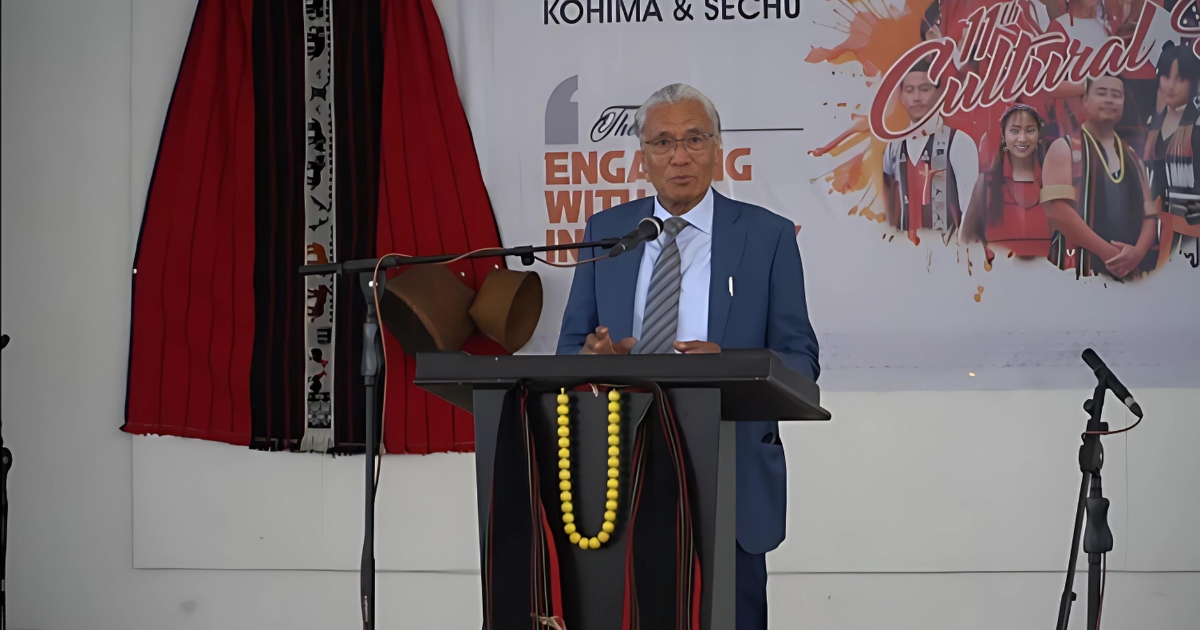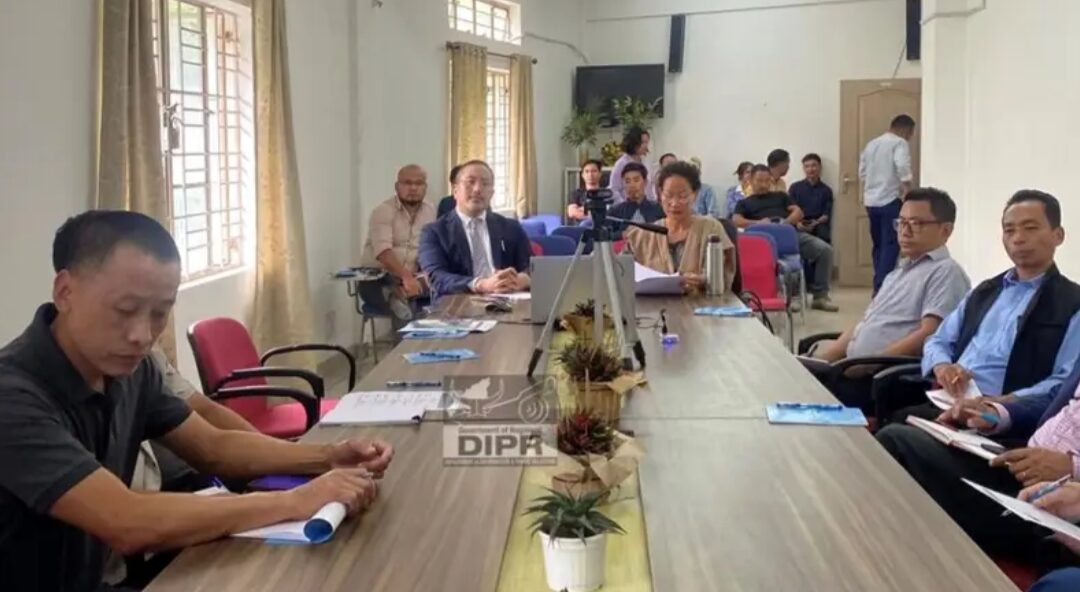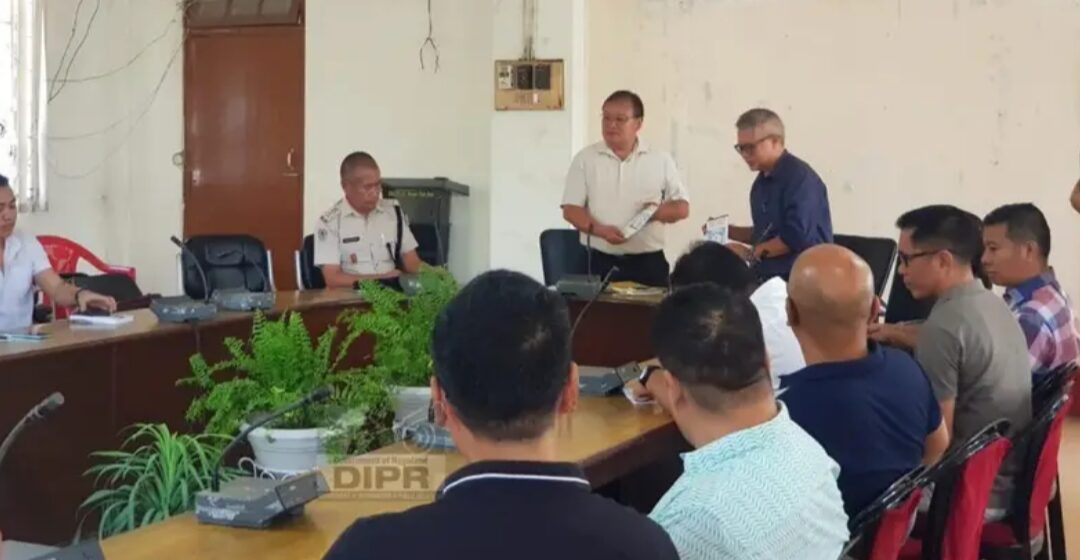Nagaland is facing a severe crisis as extortion by various Naga political groups (NPGs) has made it nearly impossible for businesses to operate.
Historian Sheds Light on the Dire Situation
Dr. Visier Sanyü, a prominent Naga historian and the inaugural head of the Department of History at Nagaland University, has revealed the gravity of the situation.
He states that the proliferation of Naga factions, now numbering around 25, is “torturing the public” through their relentless extortion tactics. Dr. Sanyü asserts that while the Indian army’s actions in the 1950s and 1960s caused immense suffering to the Naga people, with killings and torture, the present-day situation, characterised by factionalism and extortion, is even worse.
Also Read: Kohima’s seafood scene transformed by Enchanted Quest
Businesses Reach Breaking Point
The business community in Nagaland has had enough, with the Dimapur Chamber of Commerce and Industry (DCCI) calling for an indefinite shutdown of all shops and businesses in Dimapur from 26 April 2024.
This drastic measure is a response to the unabated extortion, intimidation, and harassment faced by traders at the hands of NPGs. Some groups have even resorted to planting illegal items in shops to implicate owners and extort hefty fines.
As a result of this hostile business environment, many entrepreneurs are choosing to shift their operations to neighbouring Assam, seeking a more stable and conducive atmosphere.
The rampant extortion has not only affected businesses but also the common people, as traders are forced to pass on the burden of illegal taxes to consumers, leading to a sharp rise in the prices of essential goods.
Also Read: Nagaland Govt Struggles to Resettle Displaced Sumi Community
Multiplication of Naga Factions Exacerbates the Problem
Dr. Sanyü points out that the increase in the number of Naga factions, from three to around 25, has worsened the problem of extortion. He emphasises that this fragmentation is not serving the interests of the Naga people but rather causing them immense suffering.
The historian also highlights the need for the Naga people to come together and find a solution to this crisis, as the state’s economy and social fabric are being torn apart by the actions of these armed groups.
Roots of the Crisis
The roots of this crisis can be traced back to the 1990s when extortion and illegal taxation emerged as a major source of funding for Naga insurgent groups as ideological support and voluntary contributions dwindled.
The National Socialist Council of Nagaland (NSCN) factions, in particular, have been accused of running parallel governments, collecting “taxes” from businesses and government employees.
The Naga insurgency, which began in the 1950s with separatist demands, has been a long-standing issue. Despite the signing of a framework agreement between the NSCN-IM and the Indian government in 2015, a final peace deal remains elusive.
The state government insists that the extortion problem is intrinsically linked to the ongoing Naga peace process and cannot be simply treated as a law and order issue. However, the police claim to be taking action against extortion, but the ground reality remains grim.
Also Read: Kohima Science College Promotes Mental Health Awareness
Call for Action
As the situation continues to deteriorate, it is crucial for all stakeholders to come together and find a lasting solution to this problem. The people of Nagaland deserve to live in an environment free from fear and intimidation, where businesses can thrive and contribute to the state’s economic growth.
Dr. Sanyü’s words remind us of the urgency of the situation and the need for swift and decisive action to end this vicious cycle of extortion that has plagued the state for far too long. The Naga people must unite and work towards a future where their interests are truly served, and their voices are heard.




